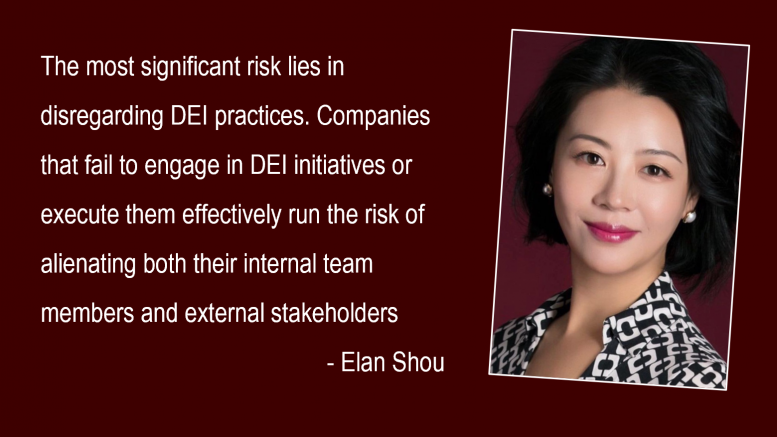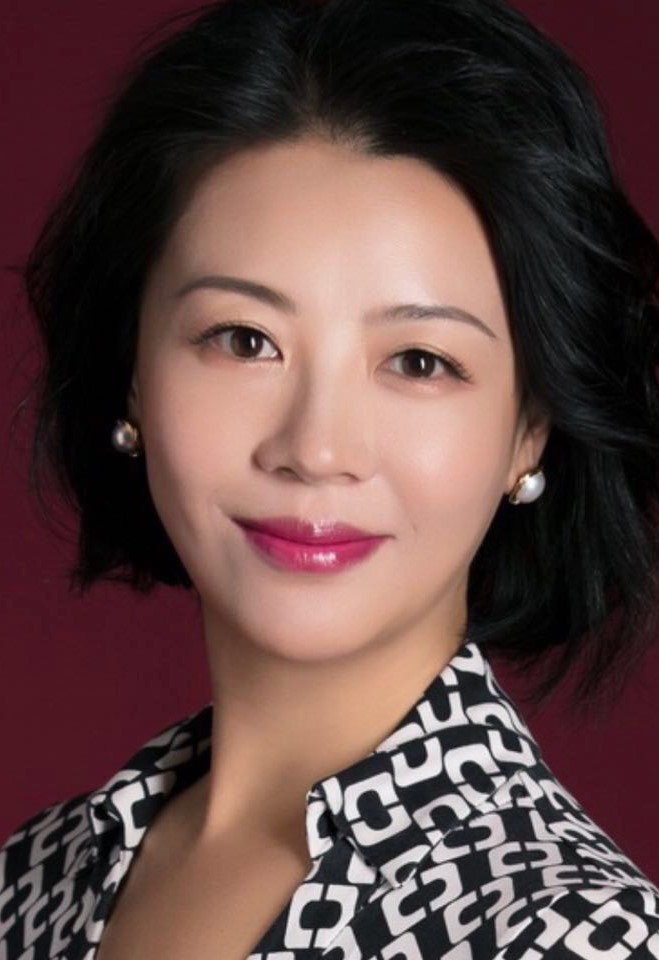There is no one standard approach to diversity, equity and inclusion (DEI) communications. The complexities and cultural nuances surrounding DEI vary vastly around the world. Though the topic of DEI is inherently multifaceted, one commonality across the globe is the widespread interest in discussing it.
Communicators frequently find themselves responsible for developing impactful DEI initiatives that instigate tangible and positive transformations, often in addition to their existing work responsibilities and without an adequate budget. While discussions around DEI in Asia tend to be progressive, they often remain aspirational and lack concrete action steps.
DEI conversations in North America and Europe have witnessed a substantial transformation into actionable steps, significantly more than in Asia. Communicators in these regions have gone beyond mere discussions and have actively implemented DEI principles into daily business operations, catalysing societal change. A notable illustration of this progress is the widespread adoption of integrating individuals’ pronoun preferences into business interactions in the U.S.
When international companies attempt to implement their global DEI practices in Asia, they often encounter confusion due to various challenges. These challenges stem from several factors, such as a limited understanding of integrating DEI practices in the region, lack of expertise in setting up DEI frameworks, and notably, cultural and status disparities. For example, while progress is being made, LGBTQ+ discussions remain taboo in certain Asian locations. Hence, a universal one-size-fits-all approach to such conversations simply does not suffice in this context.
Even the aforementioned example of gender pronouns in the U.S. does not transfer widely due to the linguistic diversity of self-referencing in different languages. For example, Tagalog is known as a genderless language where pronouns are not inherently tied to a specific gender classification.
Navigating the complexities of DEI in the diverse and intricate markets across Asia, while factoring in geopolitical concerns and the pervasive influence of round-the-clock social media, poses a significant challenge – which is why we launched our specialised DEI Communications Practice at Ruder Finn Asia. Communicators hold a crucial role as DEI advocates within organisations, and we are committed to helping organisations go beyond discussions and drive progressive changes.
Mistakes often occur when companies adopt a standardised approach to DEI communications in Asia, where each country possesses distinct characteristics that necessitate a tailored strategy. The key lies in identifying shared priorities, aligning them with a global strategy, and meanwhile addressing local concerns. This calls for decision-making teams to immerse themselves extensively in the Asian countries they operate in, going beyond the confines of headquarters.
To foster DEI progress in Asia, it is crucial to understand the regional presence of companies, synchronise global strategies with diverse local cultures across multiple countries, determine the appropriateness of an aggressive or moderate approach, and meticulously execute these initiatives within the local context. This process demands substantial strategic planning and close collaboration with local teams to comprehend cultural concerns and nuances.
It is important to acknowledge that finding a single solution in DEI communications that satisfies all organisational stakeholders can be challenging regardless of the country of operation. A recent situation involving LGBTQ+ merchandise at Target stores in the U.S. serves as an example: some individuals advocated for keeping all the merchandise available for sale, while others insisted on removing it entirely from the shelves. Balancing organisational values while also aligning with diverse stakeholder perspectives can present complexities.
Oftentimes, decisions surrounding DEI communications won’t be easy to make. Nonetheless, if organisations stay true to their values and conduct operations in a conscientious way, then they’re setting themselves up for success.
Moreover, the most significant risk lies in disregarding DEI practices. Companies that fail to engage in DEI initiatives or execute them effectively run the risk of alienating both their internal team members and external stakeholders. In today’s environment, it is crucial to allocate resources and budget to ensure the successful integration of DEI practices within an organisation. DEI should not be an afterthought but rather a strategically planned and implemented initiative, on par with any other critical business endeavor.
The views and opinions published here belong to the author and do not necessarily reflect the views and opinions of the publisher.



Be the first to comment on "The Global Complexities of DEI Communications"